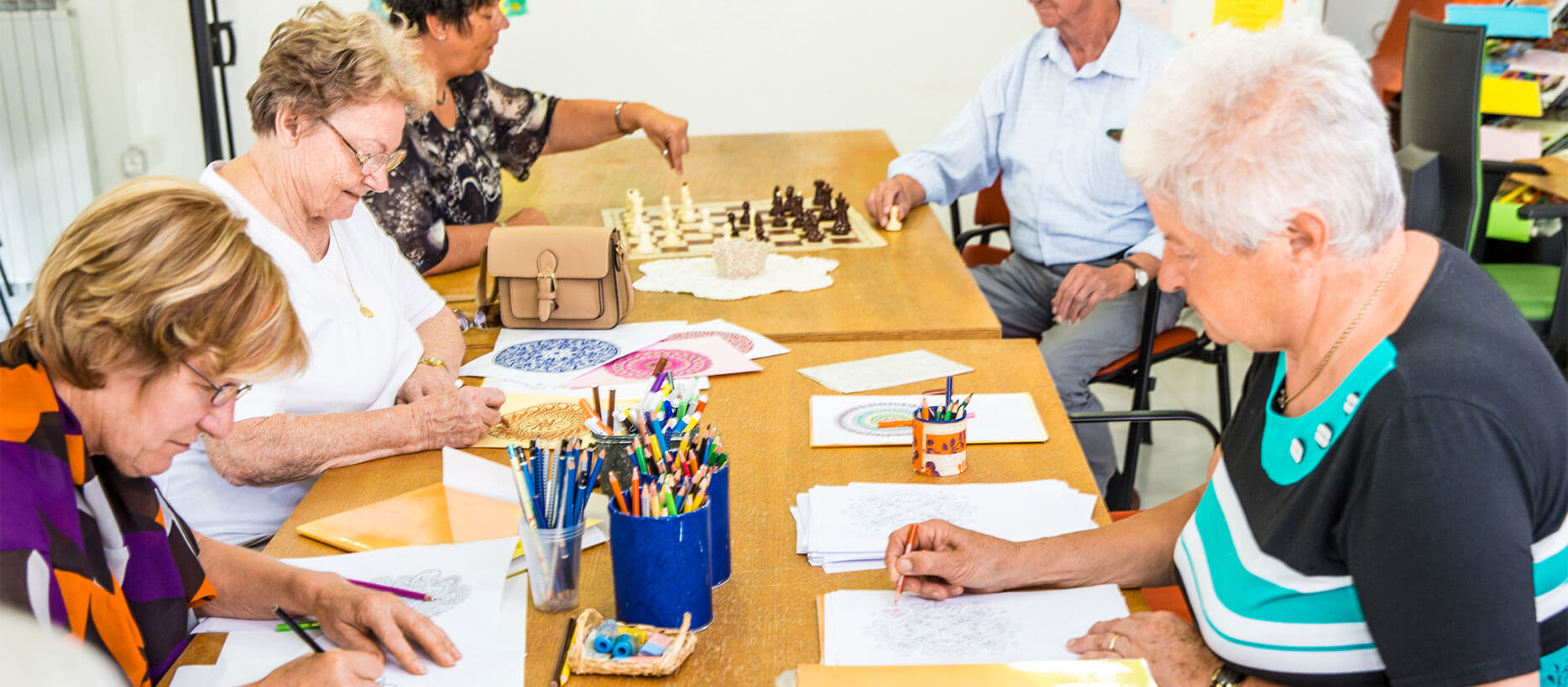
5 Benefits of Engaging in Hobbies as a Long-Term Care Resident
Engaging in new or rediscovered hobbies or interests, such as music, art, sewing, helping to design and plant a garden, or baseline tasks such as folding, all help bring people together to create a cohesive community of like-minded souls who each
bring their own unique twist to everyday living.
Engaging in activities promotes cognitive stimulation and social integration for residents in long-term care settings. It is an important element of ensuring that the care provided is holistic, focusing on a mind & body connection. Based on the premise that social and cognitive stimulation benefits the entire physiology of a person, it becomes clear that participation in hobbies or activities can enhance the quality of life as we age.
Five benefits of embracing new hobbies include, but are not limited to:
- Enhanced Social Skills
- Maintaining and/or Improving Cognitive Health
- Reduced Anxiety, Leading to Improved Mental Health
- Improved Physical Health
- Improved Happiness
By nature, humans are social creatures – we all benefit from the mind-body connection that activities and hobbies afford. In the words of Carl Rogers, “People are always in the process of changing and growing. The striving for self-actualization leads people to pursue happiness and fulfillment.”
When our minds are actively engaged in a task that we enjoy, we relax and feel satisfied or more content – even in a location we may prefer not to be in, such as a long-term care facility. This can be crucial to helping residents feel more at ease and in better health during their stay at a facility.
If you are looking to get more involved with the activities taking place at your loved one’s facility, we recommend joining a family council. This is a wonderful opportunity to talk about the care residents receive with other family members and advocates of residents.
– Allison Raine
Long-Term Care Ombudsman


